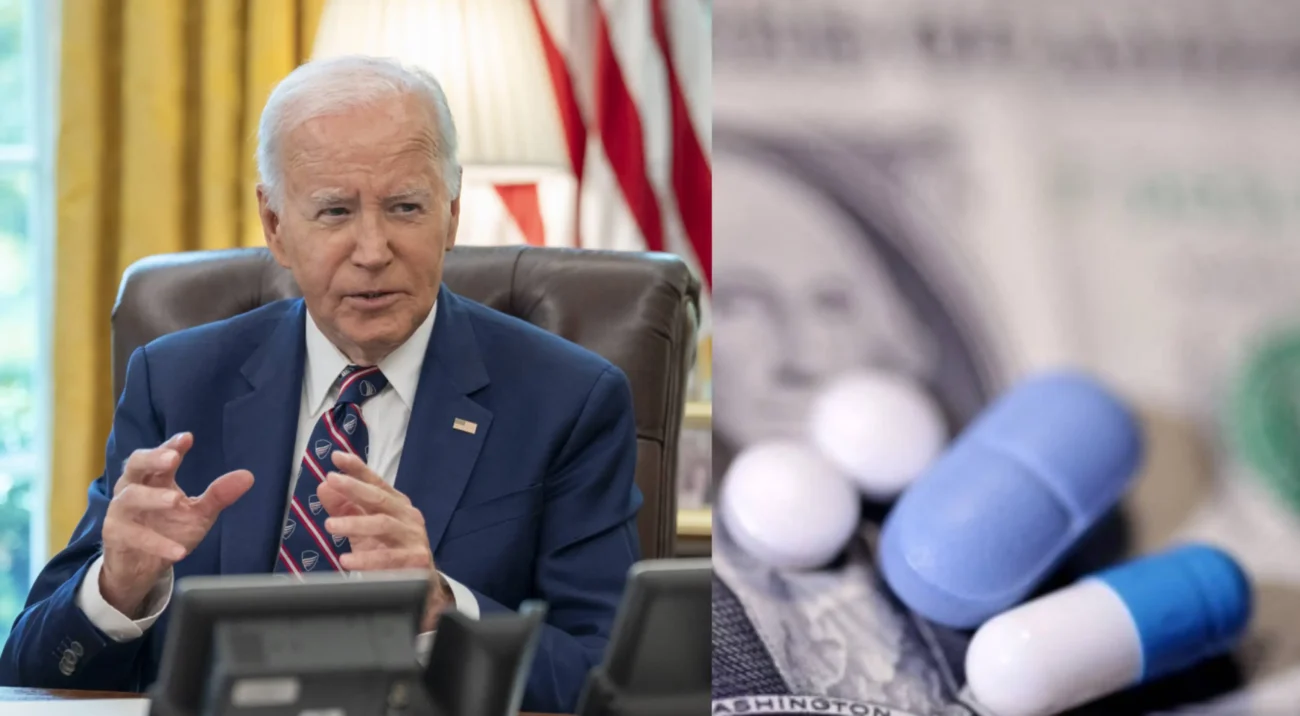
Medicare Costs Of 10 Drugs Cut; Biden Admin Saves Billions
Photo: Reuters Dado Ruvic
WASHINGTON, DC (REUTERS) – The Biden administration said on August 15 it has negotiated down the prices of 10 top-selling prescription drugs used by Medicare by as much as 79% and hopes to save $6 billion in the first year.
President Joe Biden’s signature Inflation Reduction Act, signed into law in 2022, allows Medicare to negotiate prices for some of the costliest drugs that the program covers for 66 million people.
The new prices will go into effect in 2026. They represent cuts to individual list prices that do not reflect any rebates and discounts the government may already be getting for the drugs, although the government’s estimated savings from the negotiations do take those discounts into account.
The pharmaceuticals industry has fought hard to block the Medicare negotiations, with several companies suing the administration and warning that they may have to curtail some drug development programs as a result.
Merck & Co’s diabetes drug Januvia faces the steepest percentage price cut of the drugs on the list, decreasing 79%, while Novo Nordisk’s insulin apart products will face the second steepest of 76%, according to the government.
The other eight drugs on the list face cuts of between 68% and 38%.
The administration said people covered by Medicare, which mostly serves Americans aged 65 and over, would also save $1.5 billion in out-of-pocket costs for the prescription medicines in 2026. They include widely used diabetes treatments Januvia and Jardiance, blood thinners Eliquis and Xarelto and leukemia drug Imbruvica.
The Democratic-run administration hopes the cost savings will ease Americans’ anger about high prices, an issue they frequently say is their top concern headed into the presidential election between Democratic Vice President Kamala Harris and Republican former President Donald Trump.
Harris’ tie-breaking Senate vote passed the law that allows for the drug-price negotiations, which no Republican supported.
Bristol Myers Squibb which makes the blood thinner Eliquis, said the 56% price cut to its drug would not solve the “biggest problem in patient affordability” of out-of-pocket costs that are determined by health insurers and pharmacies.
Johnson & Johnson whose Crohn’s disease medicine Stelara and blood thinner Xarelto face list price cuts of 66% and 62% respectively, was unhappy.
A spokesperson for AbbVie whose cancer drug Imbruvica will face the least steep percentage cut of 38%, said the negotiated price was within the range anticipated.
Several of these drugmakers last month had said they did not expect a significant impact on their businesses after seeing the confidential prices from the government for their drugs.
US health secretary Xavier Becerra characterized the negotiations with drugmakers as comprehensive and intense. “After substantial back and forth, either we accepted an offer or a company accepted our offer,” he said.
The Medicare agency said it accepted revised counteroffers proposed by the drug manufacturers for four of the 10 selected drugs, while drugs companies accepted its final offers on five.
The next round of Medicare drug price talks is expected to include 15 further drugs and begin in February.




